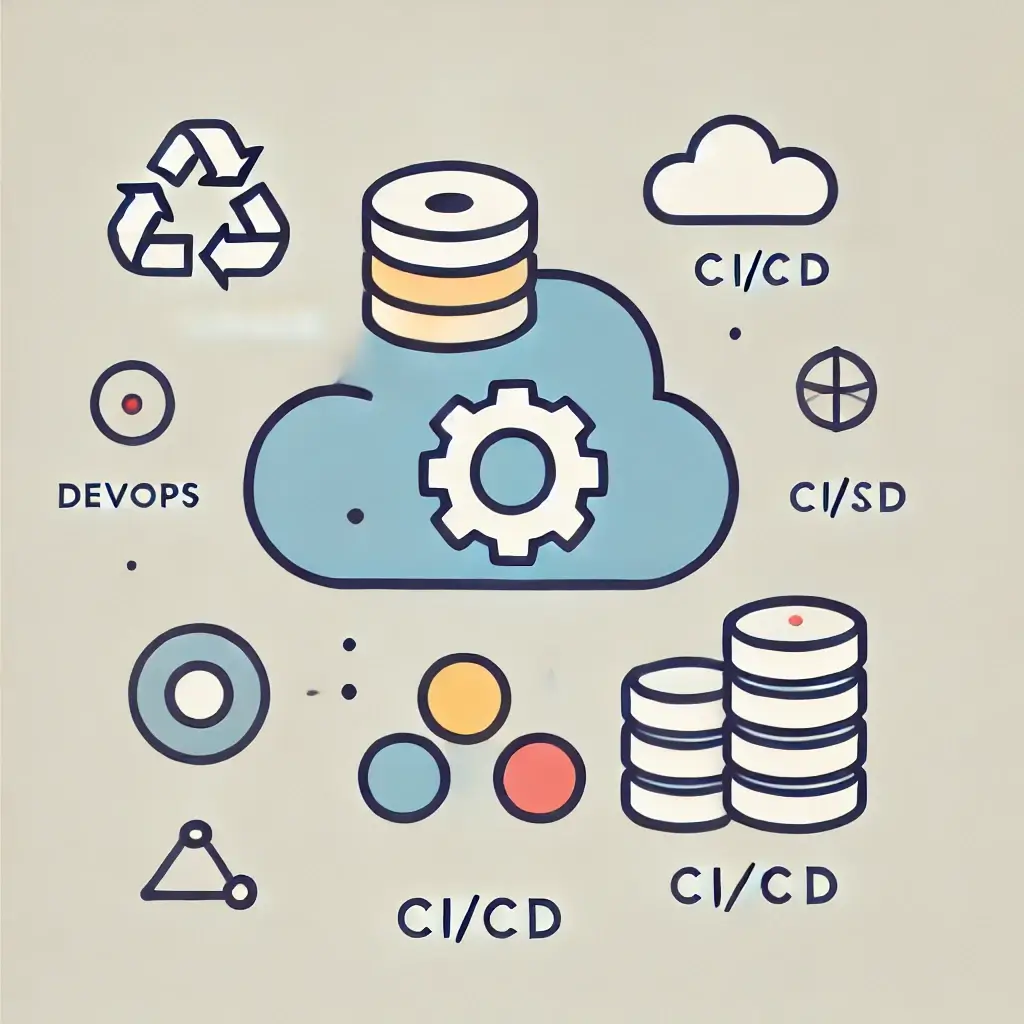Introduction
As the demand for efficient software development and deployment increases, the role of DevOps and Continuous Integration/Continuous Deployment (CI/CD) tools has never been more crucial. These tools automate and streamline the process of integrating code, testing, and deployment, allowing teams to deliver high-quality software faster and more reliably. In this article, we will explore the top 10 best DevOps CI/CD tools for 2024-2025, detailing their pros and cons, pricing, best deals, and contact information. Whether you’re a developer, DevOps engineer, or business owner, this guide will help you choose the right CI/CD tool to boost your productivity and streamline your workflows.

1. Jenkins
- Pros: Open-source, highly customizable, large plugin ecosystem, strong community support.
- Cons: Steep learning curve, complex setup, and maintenance.
- Pricing: Free (Open-source)
- Best Deals: Free to use; support and enterprise versions may vary in cost.
- Website: jenkins.io
- Contact: No specific contact email or phone; community support available.
2. GitLab CI/CD
- Pros: Integrated with GitLab, easy to set up, comprehensive features, scalable.
- Cons: Can be resource-intensive, some features only available in premium versions.
- Pricing: Free (Basic), $19/month (Premium), $99/month (Ultimate)
- Best Deals: Discounts available for annual plans and educational institutions.
- Website: gitlab.com
- Contact: [email protected], Phone: Not listed publicly.
3. CircleCI
- Pros: Fast setup, robust performance, easy integration with GitHub and Bitbucket, pay-as-you-go pricing.
- Cons: Limited free plan, pricing can become expensive with scaling.
- Pricing: Free (up to 1,000 build minutes/month), $15/month (additional build minutes)
- Best Deals: Annual subscriptions offer discounts; free trial available.
- Website: circleci.com
- Contact: [email protected], Phone: Not listed publicly.
4. Travis CI
- Pros: Simple to use, good integration with GitHub, reliable performance, supports multiple programming languages.
- Cons: Limited parallelism in the free plan, can be slower compared to competitors.
- Pricing: Free (Open-source projects), $69/month (Starter plan)
- Best Deals: Free for open-source projects; discounts available for annual billing.
- Website: travis-ci.com
- Contact: [email protected], Phone: Not listed publicly.
5. Azure DevOps
- Pros: Comprehensive suite, integration with Azure services, scalable, strong security features.
- Cons: Can be overwhelming for beginners, some features require Azure subscription.
- Pricing: Free (Basic), $6/user/month (Basic + Test Plans), $52/user/month (Advanced)
- Best Deals: Free for open-source projects and small teams; pay-as-you-go pricing for larger teams.
- Website: azure.microsoft.com
- Contact: [email protected], Phone: Not listed publicly.
6. Bamboo
- Pros: Seamless integration with Atlassian tools (JIRA, Bitbucket), scalable, good for larger teams.
- Cons: More expensive compared to other CI/CD tools, less flexible without Atlassian ecosystem.
- Pricing: $10 (Small teams), $110/month (Growing teams)
- Best Deals: Discounts for annual plans and educational institutions.
- Website: atlassian.com/software/bamboo
- Contact: [email protected], Phone: Not listed publicly.
7. TeamCity
- Pros: Comprehensive build management, powerful debugging capabilities, strong integration with JetBrains tools.
- Cons: Higher cost, complex setup, limited community support.
- Pricing: Free (up to 100 build configurations), $299/year (Professional plan)
- Best Deals: Free for small teams; discounts available for larger teams and long-term contracts.
- Website: jetbrains.com/teamcity
- Contact: [email protected], Phone: Not listed publicly.
8. GitHub Actions
- Pros: Seamless integration with GitHub, easy to use, supports multiple programming languages.
- Cons: Limited free plan, complex workflows can be challenging to manage.
- Pricing: Free (2,000 action minutes/month), $4/user/month (additional minutes)
- Best Deals: Free for public repositories; discounts for educational use.
- Website: github.com/features/actions
- Contact: [email protected], Phone: Not listed publicly.
9. Bitbucket Pipelines
- Pros: Integrated with Bitbucket, easy to set up, good for small to medium-sized teams.
- Cons: Limited customization, less powerful than some competitors.
- Pricing: Free (up to 50 build minutes/month), $10/month (additional build minutes)
- Best Deals: Discounts for annual subscriptions; free for small teams.
- Website: bitbucket.org/product/features/pipelines
- Contact: [email protected], Phone: Not listed publicly.
10. Buddy
- Pros: User-friendly interface, fast performance, strong integration with popular tools (e.g., Slack, GitHub).
- Cons: Limited community support, some advanced features behind paywalls.
- Pricing: Free (up to 5 projects), $75/month (Pro plan)
- Best Deals: Discounts for annual plans and educational institutions.
- Website: buddy.works
- Contact: [email protected], Phone: Not listed publicly.
Conclusion
Selecting the right CI/CD tool is crucial for optimizing your development and deployment processes. Each tool listed here has its strengths and weaknesses, depending on your specific needs, team size, and budget. Jenkins and GitLab CI/CD are excellent for larger teams looking for extensive features and customizability, while tools like CircleCI and Buddy offer more straightforward solutions for smaller teams. Evaluate the pros and cons, consider the pricing and best deals, and choose a tool that aligns with your workflow requirements. With the right CI/CD tool, you can enhance your software development lifecycle, improve collaboration, and deliver high-quality software efficiently.
Get epic product battles straight to you! 🥊 📦 ![]()


